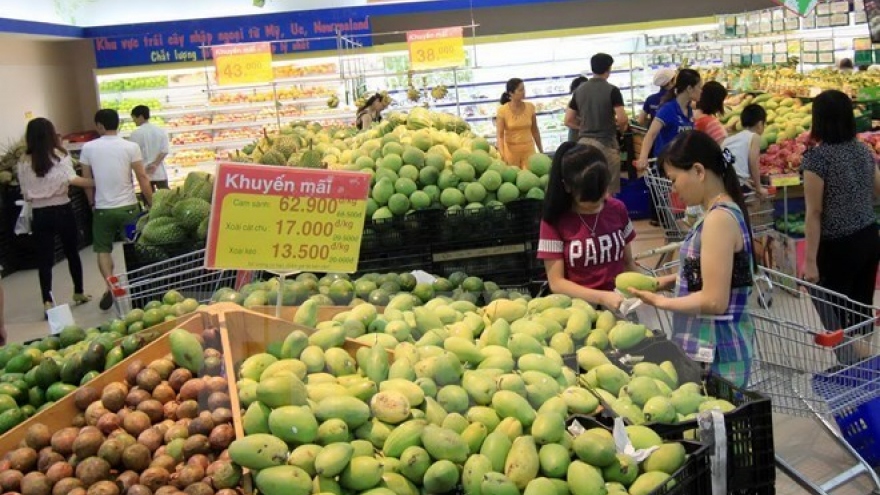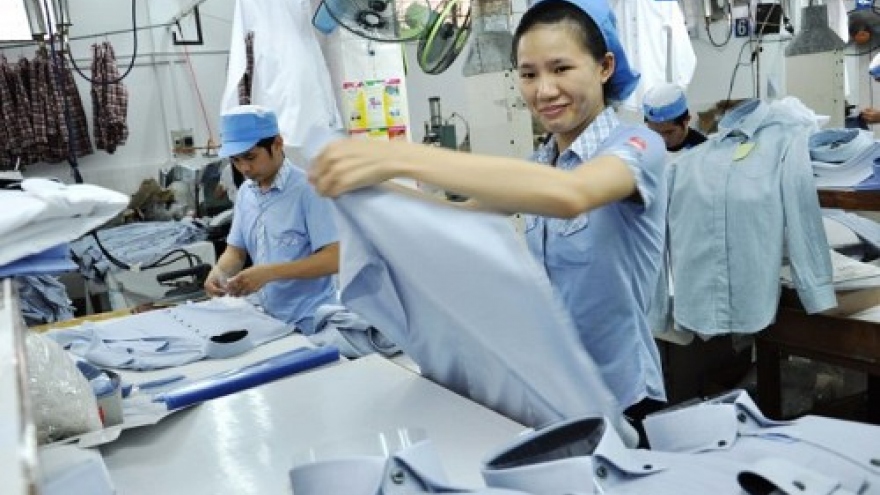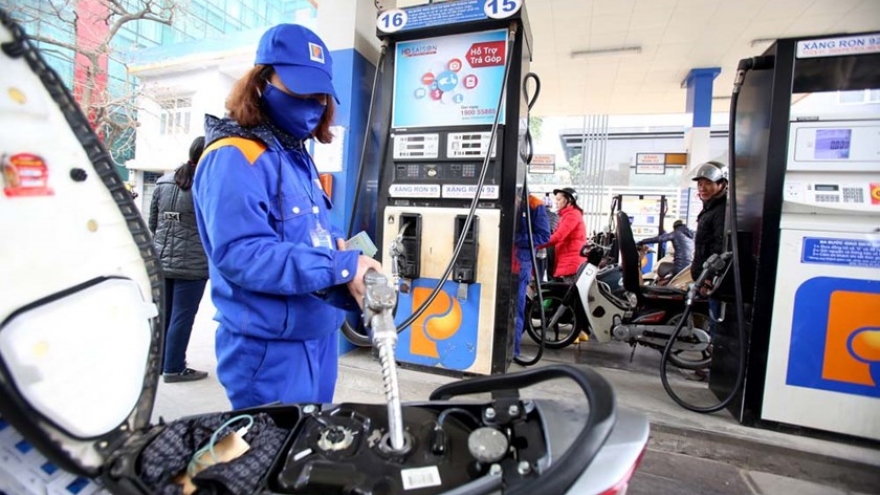PM orders stable prices of basic goods to avoid high inflation
Prices of many basic commodities must not be increased this year to prevent a surge in the consumer price index, Prime Minister Nguyen Xuan Phuc has said.
PM Nguyen Xuan Phuc highlighted that the ultimate goal is to ensure the inflation rate does not surpass 5 percent, as targeted by the National Assembly. Relevant ministries must base decisions on facts on the market to adjust prices, while striving to make precise forecasts and stockpile an adequate amount of goods to prevent false price augmentation.
 |
The MoIT was also allowed to import 100,000 tonnes of sugar in the short term to stabilise domestic prices, given the fact that Vietnam is facing a shortage of 200,000 – 300,000 tonnes of sugar, and prices of this commodity already rose VND700 – VND1,200 per kg in May.
At the meeting, the Ministry of Agriculture and Rural Development pointed out that the country’s salt reserve and output this year is about 2.2 million tonnes, while domestic demand is only 1.5 million tonnes. That has dragged salt prices down to VND400 per kg.
PM Nguyen Xuan Phuc approved the ministry’s proposal of stockpiling 200,000 tonnes of salt to beef up prices and assist salt farmers.Meanwhile, the Ministry of Health must not raise medical services fees simultaneously in all 63 provinces and cities in 2016, but work with the MoF and local administrations to increase the fees at appropriate points of time, the Cabinet chief said.
Tuition fees should also not be adjusted at the same time with medical fees to avoid a sudden impact on consumer prices, he added.
Minister of Education and Training Phung Xuan Nha said 20 provinces have raised tuition fees at modest levels since last December, which has yet to greatly affect the consumer price index. He pledged to control tuition fees in line with education quality.
During the Government meeting, PM Nguyen Xuan Phuc also asked relevant sides not to increase road tolls on Build-Operate-Transfer projects.



